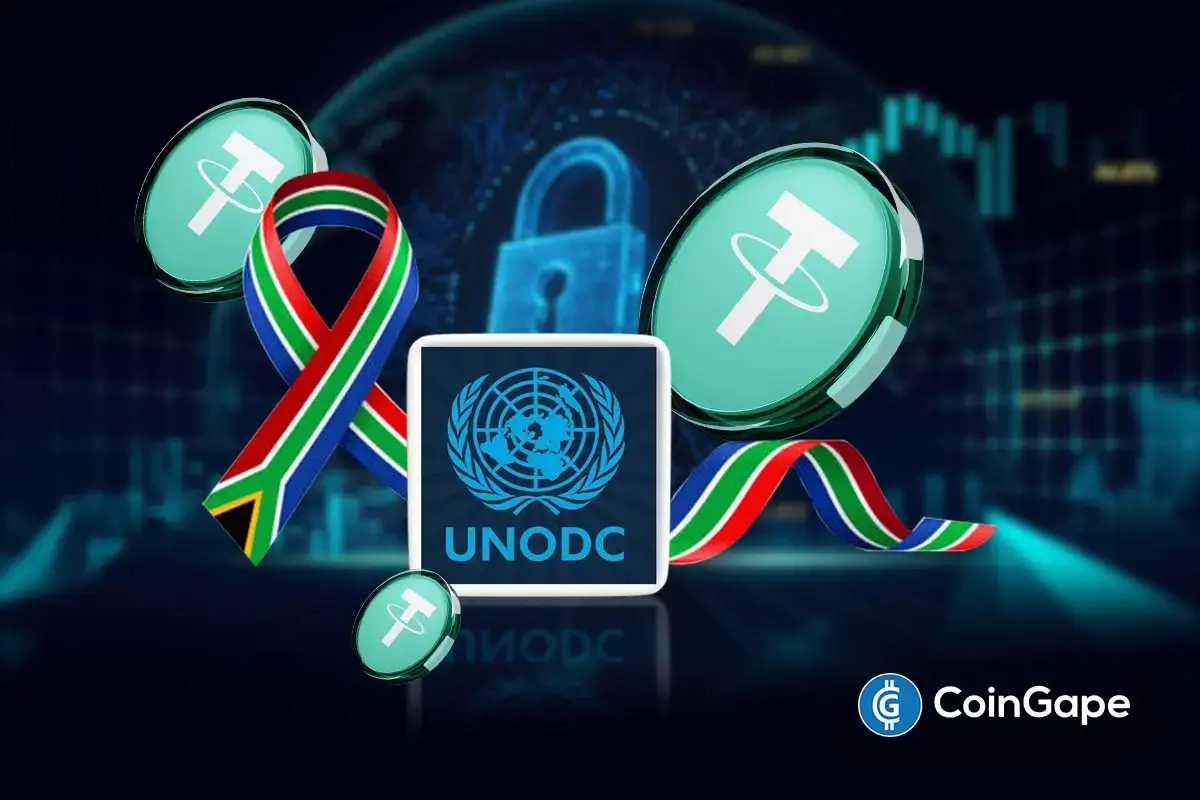Venezuela Moves Oil Sales to Tether (USDT) Amid US Sanctions

Highlights
- Venezuela's state-run oil company accelerates Tether USDT payments amid soaring US sanctions.
- By the end of Q1 2024, PDVSA has adopted a contractual model requiring 50% upfront in USDT.
- PDVSA now mandates that new clients involved in oil dealings possess cryptocurrency.
As per the latest report, Venezuela’s state-run oil company PDVSA has stepped up measures to increase the use of digital currencies and stablecoins like Tether (USDT) for its crude and fuel exports amid the tightening U.S. sanctions on the country.
PDVSA Mulls Use of Tether USDT
Last week, the U.S. Treasury Department asked the customers and providers of PDVSA to wind down transactions until May 31. This move shall make it more difficult for Venezuela to boost its oil output and exports as companies need to wait for individual U.S. authorizations in order to do business with Venezuela.
Since last year, PDVSA has been gradually transitioning its oil sales to Tether’s own USD-pegged stablecoin USDT. USDT’s value is tethered to the U.S. dollar, ensuring stability. The reinstatement of oil sanctions is accelerating this transition, aimed at mitigating the risk of sale proceeds being seized in foreign bank accounts due to these sanctions, according to sources familiar with the matter.
Last week, Venezuelan oil minister Pedro Tellechea told Reuters that they are considering digital currencies for some oil contracts, as the preferred payment method. “We have different currencies, according to what is stated in contracts,” he said.
The U.S. dollar remains the primary currency for transactions in the global oil market, with cryptocurrency payments still relatively uncommon, although emerging in certain countries.
Last year, PDVSA faced a corruption scandal when approximately $21 billion in unexplained receivables from oil exports over recent years were uncovered, partly linked to past transactions involving various cryptocurrencies.
Following the scandal, Tellechea assumed control of the nation’s oil ministry. Under Tellechea’s leadership, Venezuela’s oil exports have surged. Bolstered by U.S. licenses permitting sales, exports soared to around 900,000 barrels per day in March, marking the highest level in four years.
PDVSA Demands 50% Payment in USDT
By the end of Q1 2024, PDVSA transitioned numerous spot oil transactions, excluding swaps, to a contractual framework necessitating upfront payment for fifty percent of each shipment’s worth in USDT.
Moreover, PDVSA mandates that any new client seeking to engage in oil dealings must possess cryptocurrency held in a digital wallet. Venezuela has enforced this obligation, extended to certain existing contracts that do not expressly specify the utilization of USDT, according to one source.
“USDT transactions, as PDVSA is demanding them to be, don’t pass any trader’s compliance department, so the only way to make it work is working with an intermediary,” one trader said.
Play 10,000+ Casino Games at BC Game with Ease
- Instant Deposits And Withdrawals
- Crypto Casino And Sports Betting
- Exclusive Bonuses And Rewards

- Breaking: U.S. PPI Inflation Rises To 2.9%, BTC Price Falls
- XRP News: Ripple-Backed Ctrl Alt Completes $280M in Diamond Tokenization on XRPL
- Bitwise CIO Calls Bitcoin Selloff ‘Classic Cycle,’ Dismisses Manipulation Rumors
- Cardone Capital Takes Real Estate On-Chain With $5B Tokenization Plan
- Senator Elizabeth Warren Targets Trump-Affiliated World Liberty Financial Over Bank Charter Bid
- Top 2 Price Predictions Ethereum and Solana Ahead of March 1 Clarity Act Stablecoin Deadline
- Pi Network Price Prediction Ahead of Protocol Upgrades Deadline on March 1
- XRP Price Outlook As Jane Street Lawsuit Sparks Shift in Morning Sell-Off Trend
- Dogecoin, Cardano, and Chainlink Price Prediction As Crypto Market Rebounds
- Will Solana Price Rally to $100 If Bitcoin Reclaims $72K?
- XRP Price Eye $2 Rebound as On-Chain Data Signals Massive Whale Accumulation

 Buy $GGs
Buy $GGs
















